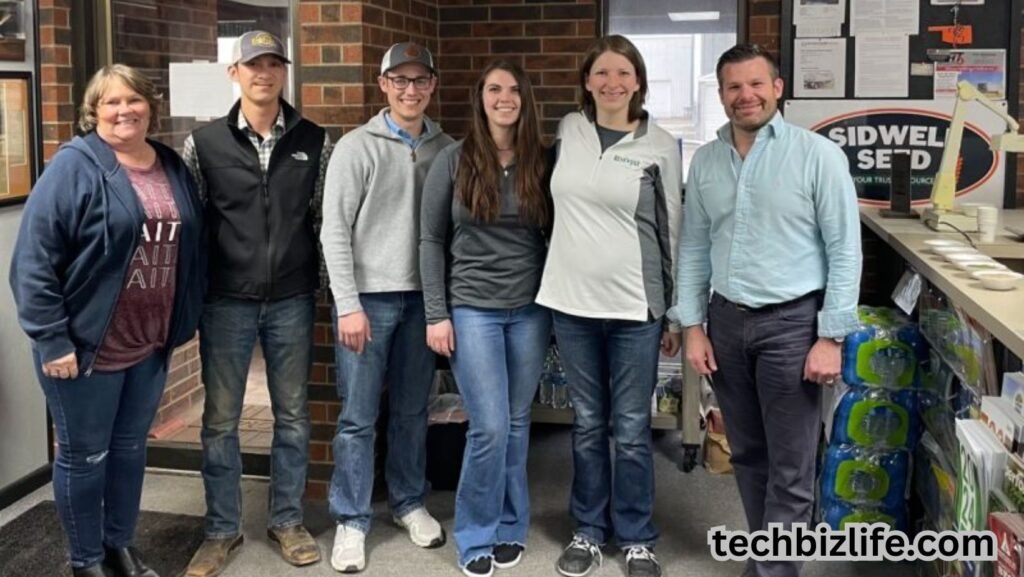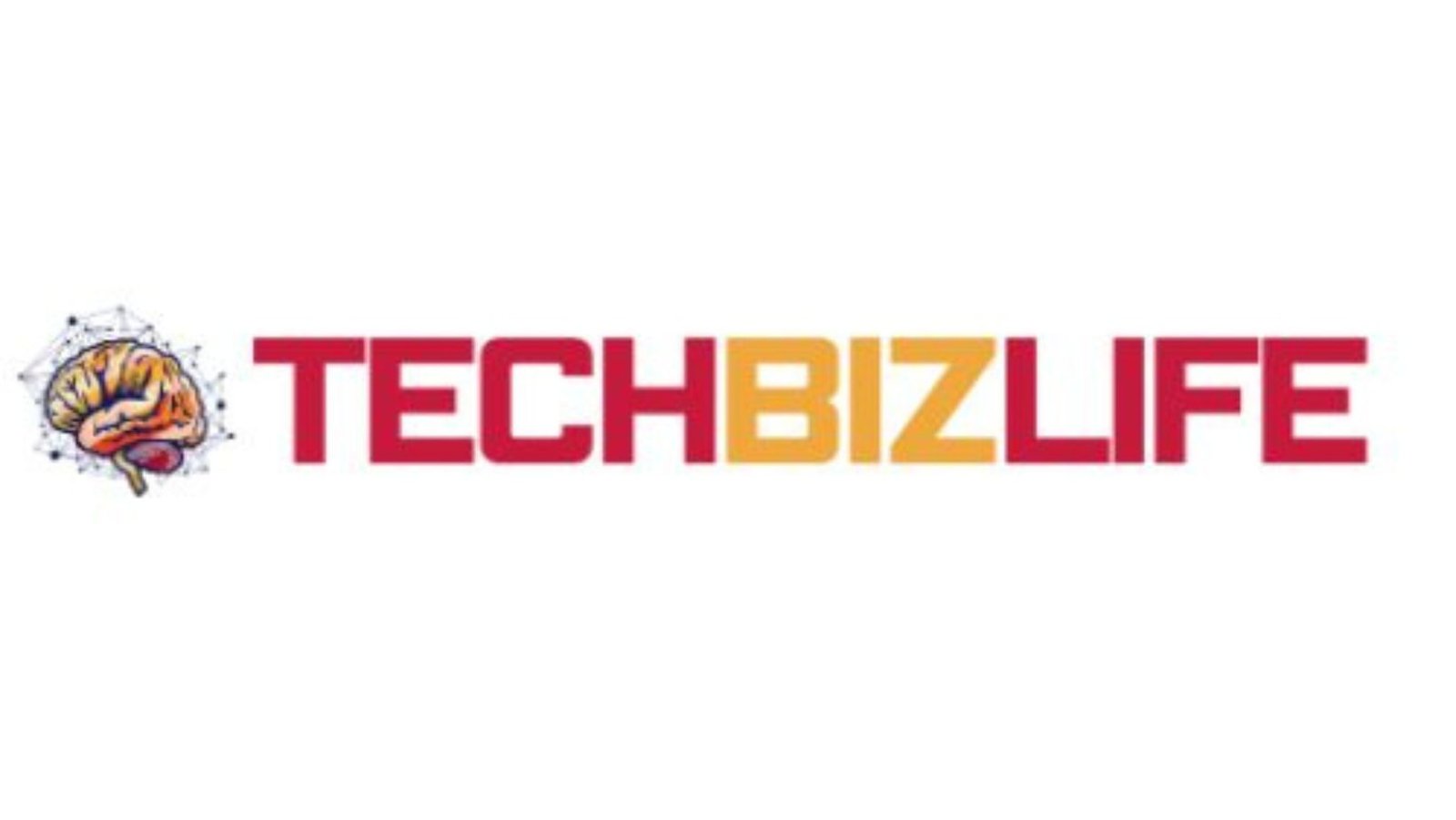Highest-quality engineers are the cornerstone in ensuring that the quality of the product and effective performance in different industries is guaranteed. For quality engineers in HRVyst, individuals are critical professionals who provide analysis and improvement of systems, processes, and products in respect of higher quality standards and greater customer satisfaction. This article elaborates greatly on the role, skills, and influence that HRVyst quality engineers have on industries, and how these affect the future of quality engineering.
Key Takeaways:
- Role Overview: What does an HRVyst quality engineer do, and why is the role vital?
- Skills and Qualifications: Essential qualifications and competencies for success in this career.
- Industry Impact: How HRVyst quality engineers contribute to industry growth and improvement.
- Data-Driven Insights: Key statistics illustrating the importance of quality engineering in various sectors.
- FAQs: Answers to common questions about HRVyst quality engineers and their responsibilities.
- Key Takeaways: Summarizing the lessons and insights from the role.
What is an HRVyst Quality Engineer?
The quality engineer working in an HRVyst is responsible for all the quality-related processes of an organization. He observes every stage of the development of the product, from the design of the product to its production, and works closely with a cross-functional team to find out the quality-related issues and their solutions. These are important engineers who help to be compliant with the industrial standards to improve the performance of the products manufactured for the satisfaction of customers.

Key Responsibilities:
- Quality Control: Monitor the quality of material, product, and process.
- Problem Solving: Detect the defects, detect the causes, corrective action.
- Continuous Improvement: Suggest and implement process improvements to enhance product quality and productivity.
- Documentation: Generate and maintain records, quality reports, and audits.
Also Learn More: hrvyst quality engineer
Key Competencies and Qualifications of an HRVyst Quality Engineer
The HRVyst quality engineer is expected to have a combination of technical knowledge, analytical skills, as well as in-depth knowledge about quality management systems. The following qualifications and skills are basics.
| Skill/Qualification | Description |
|---|---|
| Bachelor’s Degree | A degree in engineering, manufacturing, or a related field. |
| Quality Management Systems | Familiarity with ISO 9001, Six Sigma, and other industry standards. |
| Analytical Skills | Ability to analyze data and identify trends and potential quality issues. |
| Problem-Solving | Skills in root cause analysis and implementing corrective actions. |
| Attention to Detail | Ensuring all aspects of the product meet quality standards. |
Industry Impact of HRVyst Quality Engineers
HRVyst quality engineers play an important role in many industries where it provide assurance that products meet both regulatory standards as well as customer expectations. Their efforts will prove to contribute to efficiency, waste reduction, as well as increased reliability of the product.

Industry Impact Statistics:
- Manufacturing: HRVyst quality engineers minimize defects of up to 40% by implementing Continuous Process Improvement.
- Automotive: In this car industry, quality engineers may increase product shelf life, and subsequently, warranty claims are reduced by 25%.
- Electronics: Testing protocols can be optimized by quality engineers, thus lowering failure rates in consumer electronics by 15%.
Data-Driven Insights into the Role of HRVyst Quality Engineers
The value that the HRVyst quality engineer brings to the table is reflected in several key metrics and data points demonstrating a direct impact on product quality, efficiency, and cost savings. Below are a few examples:
| Industry | Impact of Quality Engineers | Example Data |
|---|---|---|
| Manufacturing | Reduction in defects | 40% defect reduction |
| Automotive | Reduced warranty claims | 25% fewer claims |
| Electronics | Improved product reliability | 15% failure rate decrease |
| Pharmaceuticals | Increased compliance | 98% compliance rate |
Some Common Tools and Methodologies Applied by HRVyst Quality Engineers
For the highest quality standards, HRVyst quality engineers use several tools and methodologies.
Some of the most common include:
- Six Sigma: It defines the methodology focused on reduction in defects and process improvement by identifying and removing the causes of variability.
- ISO 9001: It is the international standard that establishes requirements for a quality management system, resulting in uniformity and customer satisfaction.
- Failure Mode and Effect Analysis (FMEA): It is the structured method for the identification of potential failures within the product or process before they occur
Career path and growth opportunities for HRVyst Quality Engineers
A career in HRVyst quality engineering is very diverse and rewarding. The engineer can advance into a managerial role or specialize further in any one of the three practice areas: product development, process engineering, or project management. Some possible career paths are:
| Career Stage | Description | Potential Roles |
|---|---|---|
| Entry-Level | Starting as a quality technician or analyst | Quality Assurance Engineer |
| Mid-Level | Supervising teams or leading projects | Senior Quality Engineer, Lead Engineer |
| Senior-Level | Managing quality systems across departments | Quality Manager, Director of Quality |

Key Points
- Critical Function: HRVyst quality engineers are the backbone of a high-quality product, continuous process improvements, and adherence to industry standards.
- Data-Driven: They use some tools and data to identify errors and mistakes to improve upon the product.
- Career Opportunities: The job offers sufficient development opportunities: offers enough chances to become a leader or specialize in a particular field.
Also, Learn More: hrvyst quality engineer
FAQs

What does an HRVyst quality engineer do?
An HRVyst quality engineer maintains quality in products and processes by identifying faults, suggesting improvements in processes, and maintaining standard industrial quality.
What are the qualifications for an HRVyst quality engineer?
Specialized in the area of a quality management system such as ISO 9001 and Six Sigma. Major in engineering or its related fields and a bachelor’s degree.
How does an HRVyst quality engineer impact product development?
Their products are of the highest quality, improve efficiency, reduce defects, and enhance customer satisfaction.
What skills do you consider key skills for an HRVyst quality engineer?
The key skills include analytical thinking, problem solving, attention to detail, and knowledge of industry standards such as ISO 9001 and Six Sigma.
Which industries recruit HRVyst quality engineers?
Several manufacturing industries such as automotive, electronics, and pharmaceutical sectors recruit HRVyst quality engineers.
What does career progression look like for the HRVyst quality engineer?
HRVyst quality engineers may lead on to become Quality Managers, Project Managers, or even Directors of Quality. Specialization can occur in specific fields such as new product development.
Conclusion
HRVyst quality engineers play a very crucial role in ensuring quality. Reliability of products not only across various industries but also the profit margins that come with it. Their knowledge of quality management systems, and problem-solving. Process improvement keeps operational efficiency levels and has the bottom line of customer satisfaction and product success. In many data points, their impact stands as an underlining testimony to the immense role. They play in today’s competitive business economy.


